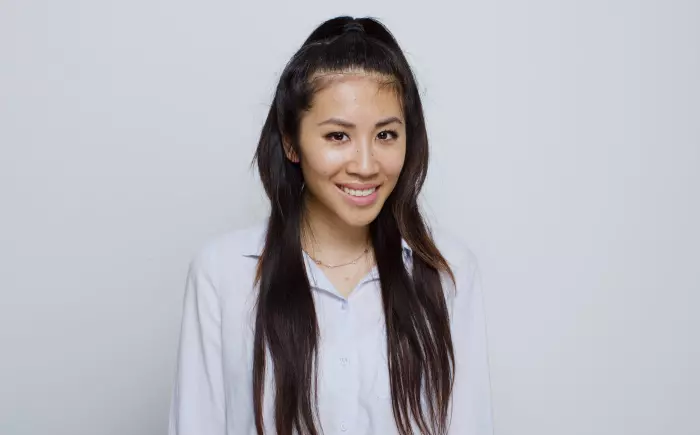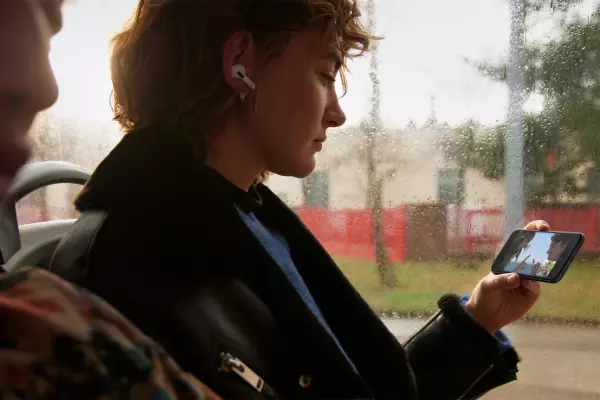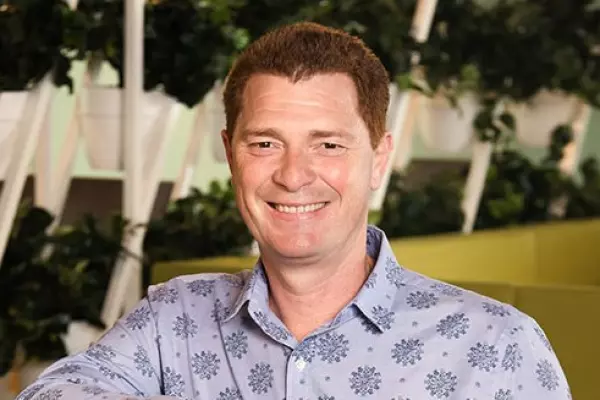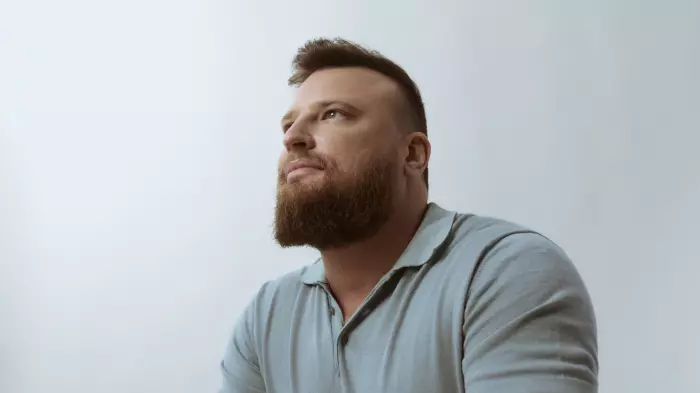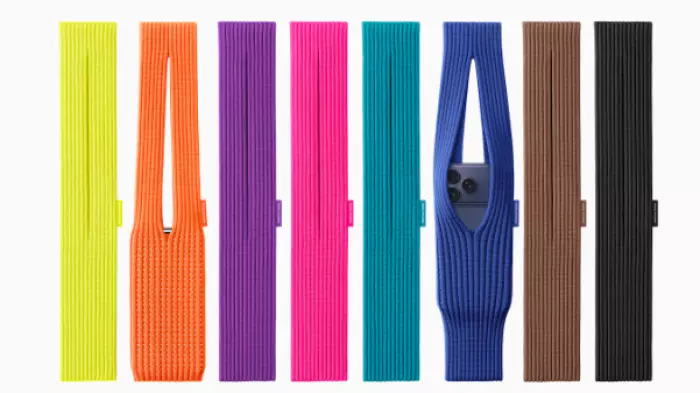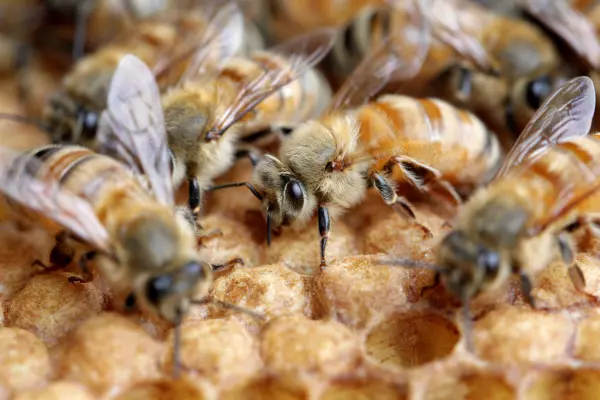New Zealand has a burgeoning investor and venture capital community, but global trends show sexism is still at play when it comes to doling out the money.
Research data from December show only 2.3% of global venture capital funding went to women-led startups in 2020, down from 2.8% the year prior.
Clearly many barriers need breaking down if we are to achieve anything approaching equality in funding.
ArcAngels knows this better than most. The fund is part of Auckland-based Icehouse Ventures and is run like most other funds, but with a twist: it only invests in women-led startups.
“ArcAngels is a network that exists to back female founders overcoming those challenges they face in trying to raise their start-up capital,” Lauren Fong told BusinessDesk.
Fong is an associate at Icehouse Ventures and is network manager to ArcAngels’ $2.8 million fund. So far, it has invested in 21 companies, with 90 investors, 40% of them male.
“It goes to show that we have both women and men are addressing this problem, and it's fantastic to see also in the network we also have a lot of male investors as well,” Fong said.
“My job is to look over this network of around 50 investors and also find exceptional female founders in New Zealand.”
She has also made it her job to shine a light on other female investors in NZ.
Below is Fong’s pick of more than 20 of the country’s women who are backing NZ startups. She said it is only through awareness that early-stage female-led companies will be able to access the capital potentially available to them.
“My goal is to meet every woman founder in New Zealand, or budding founder, or budding entrepreneur, that's looking to start their idea or bring it to life, I just want them to know that there is support out there.
“There isn't much VC funding out there for women and so if these female entrepreneurs know about these women out there, and that there is support, they more likely to embark on this really amazing journey.”
A list of 20 women backing New Zealand startups
(In alphabetical order by first name of the first person listed)
- Caroline Quay & Maxine Simmons (CaraMed Capital, and formerly Cure Kids Ventures)
- Cecilia Tarrant & Bridget Coates (ArcAngels)
- Darsel Keane (Centre for Innovation and Entrepreneurship at The University of Auckland)
- Deb Hall (FK Angels)
- Frances Valintine (Tech Futures Lab)
- Imche Fourie (Outset Ventures)
- Jenny Morel (Number 8 Ventures & Morgo)
- Kirsty Reynolds & Janine Manning (Ice Angels)
- Lauren Fong & Steph Benseman (Icehouse Ventures)
- Lovina McMurchy & Cassie McAdams (Movac)
- Ngaio Merrick & Mitali Purohit (Nuance Capital)
- Nina Le Lievre (Enterprise Angels)
- Pauli Sosa (Startup Weekend & Digest)
- Rosalie Nelson & Michelle Cole (Edmund Hillary Foundation)
- Sacha Judd (Hoku Group)
- Sam Wong & Phoebe Harrop (Blackbird Ventures)
- Sian Simpson (Public Rally/ex-KLP)
- Suse Reynolds & Bridget Unsworth (Angel Association)
- Theresa Gattung (SheEO)
- Victoria Crone (Callaghan Innovation)
This list is alphabetised and not ranked in any order of preference or fund size, nor is it the comprehensive extent of New Zealand’s female investors.
The women on this list don’t exclusively invest in women-led companies, unlike the ArcAngels fund. But they are all New Zealand based, many with global ties, and Fong believes they are all primed to help break down the barriers that currently stand between women and venture capital.
“There's an unconscious bias that exists when VCs are interviewing female founders when they're asking for the capital.”
She said VCs are far more likely to ask women negative questions like, “How will you protect yourself from competitors?”, versus male founders who more commonly are asked positive ones such as, “What does growth look like in 10 years’ time?”
“Female VCs are also asking these preventive questions so it's really something that we need to make an active decision around and work to prevent this from happening in the future.”
Those investors could be losing out. A recent study of a pool of more than 1,500 startups globally showed that for every dollar of funding, women-founded startups generated US$0.78, compared to male-founded startups’ US$0.31.
Along with embedded sexist attitudes, another barrier to investment is simply knowing who to get in touch with, and when. Fong said it’s never too early to get in touch with any of the women on the list and encourages it.
“Even if you're not ready necessarily for funding or to, you know, give away equity, it's still worth having a conversation, because we can provide some support and insight as to where you should be heading with your business, you know, what ideas or problems that a particular founder has chosen to tackle.”
Fong picked out Fia Jones, the founder of satellite startup Astrix Astronautics, and Emily Blythe, chief executive of aviation company Pyper Vision, as two examples of women leading innovative young companies who have recently tapped into NZ’s investor network.
“Being able to work with women founders every day, excites me and makes my job extremely rewarding,” Fong said.


